News
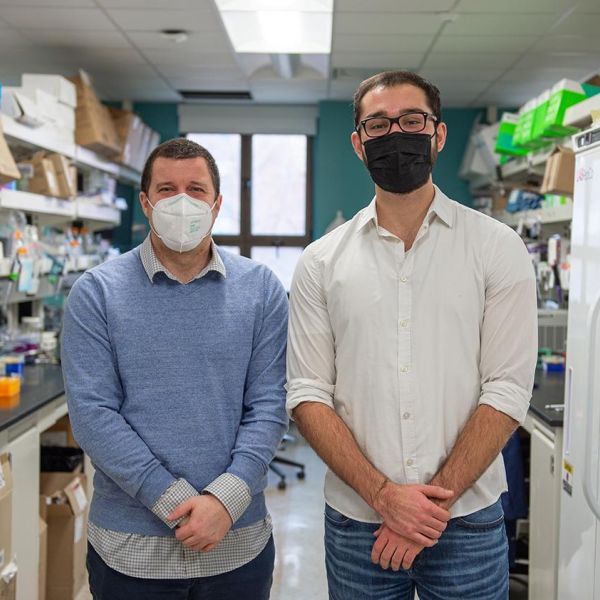
Jul 08, 2024
Re-engineering cancerous tumors to self-destruct and kill drug-resistant cells
A team led by Penn State researchers has created a modular genetic circuit that turns cancer cells into a “Trojan horse,” causing them to self-destruct and kill nearby drug-resistant cancer cells. Tested in human cell lines and in mice as proof of concept, the circuit outsmarted a wide range of resistance.
Full Article
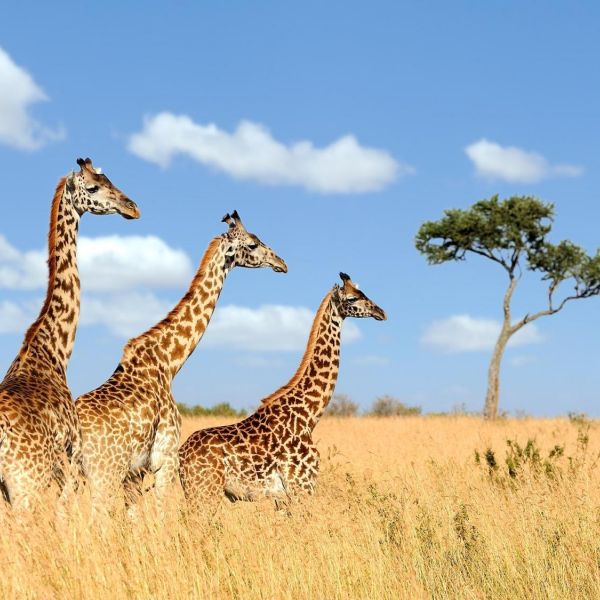
Jun 03, 2024
Food, not sex, drove the evolution of giraffes’ long neck, new study finds
Why do giraffes have such long necks? A study led by Penn State biologists explores how this trait might have evolved and lends new insight into this iconic question. The reigning hypothesis is that competition among males influenced neck length, but the research team found that female giraffes have proportionally longer necks than males — suggesting that high nutritional needs of females may have driven the evolution of this trait.
Full Article
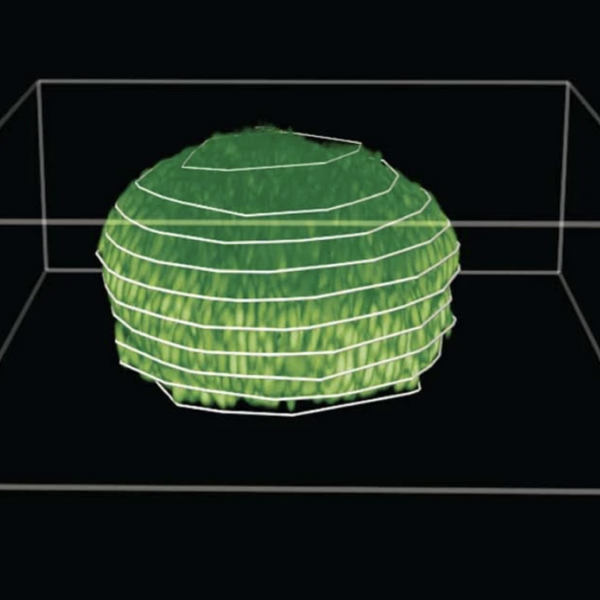
Dec 07, 2023
Growing biofilms actively alter host environment, new study reveals
A new study led by Penn State researchers reveals exactly how growing biofilms shape their environments and fine-tune their internal architecture to fit their surroundings.
Full Article
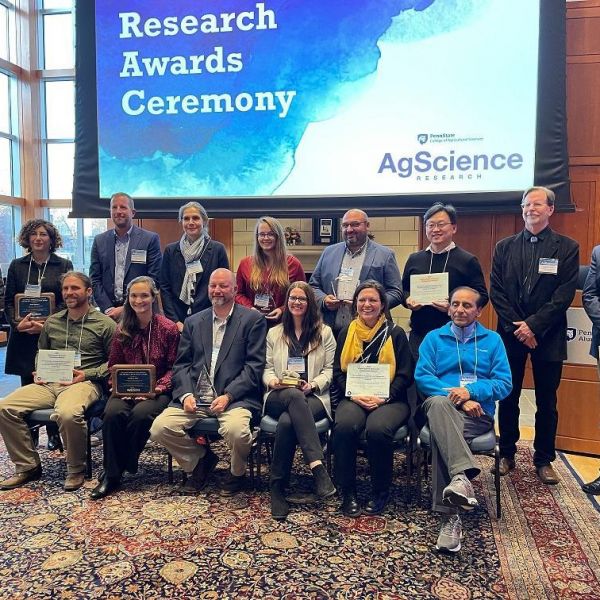
Nov 28, 2023
College of Ag Sciences recognizes faculty, staff for research achievements
Penn State’s College of Agricultural Sciences lauded outstanding accomplishments in research during the 2023 Research Awards Ceremony, held Nov. 1 at the Hintz Family Alumni Center on the University Park campus.
Full Article
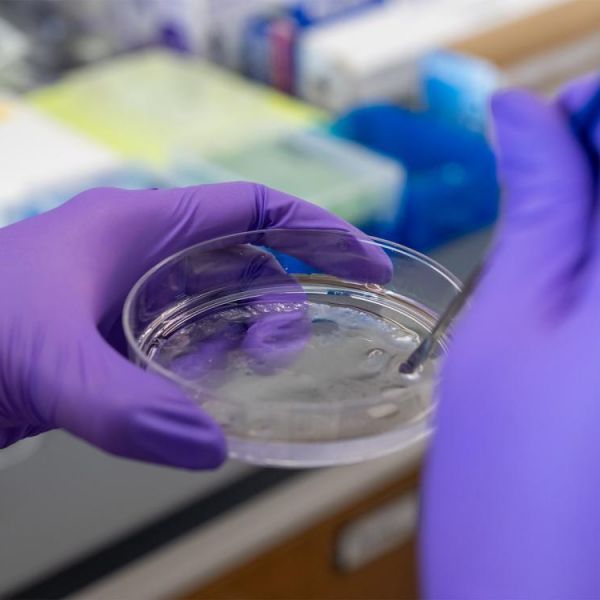
Oct 09, 2023
Novel hydrogel finds new aptamers, or ‘chemical antibodies,’ in days
One double-helix strand of DNA could extend six feet, but it is so tightly coiled that it packs an entire sequence of nucleotides into the tiny nucleus of a cell. If that same DNA was instead split into two strands and divided into many, many short pieces, it would become trillions of uniquely folded 3D molecular structures, capable of bonding to and possibly manipulating specifically shaped molecules — if they’re the perfect fit.
Full Article

Apr 20, 2023
Grad Students in Huck Labs Win Awards for Innovative Research
Two graduate students—one in the Huck's Neuroscience program and the other in the Eberly College of Science's BMMB program—have been named recipients of an award available to those working in Biochemistry and Molecular Biology labs. Both PIs are also part of the Huck.
Full Article
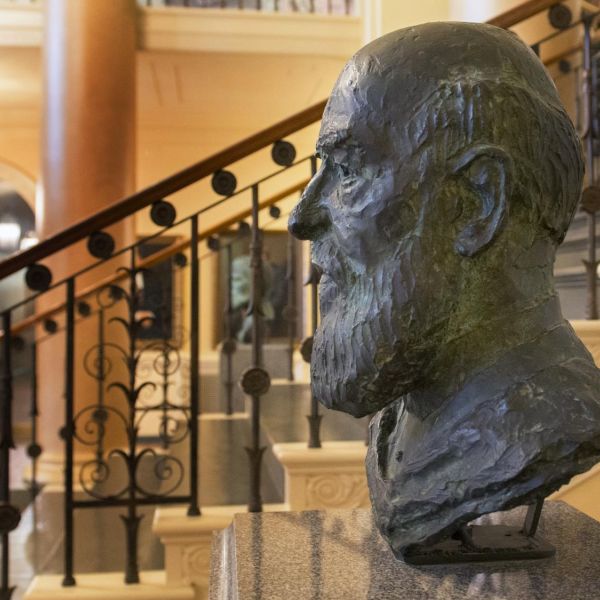
Apr 13, 2023
Penn State announces 2023 University-wide faculty and staff awards
Each spring, Penn State recognizes outstanding faculty and staff with annual awards in teaching and excellence. These awards highlight many of the University's faculty and staff who go above and beyond in their work at Penn State.
Full Article
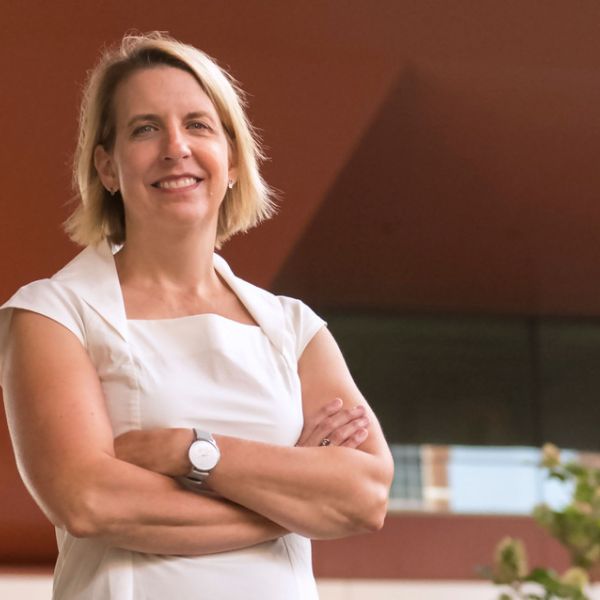
Feb 27, 2023
McGraw elected as a Fellow of the American Academy of Microbiology
Elizabeth "Beth" McGraw, professor and department head of biology and Huck Scholar in Entomology at Penn State, has been elected as a Fellow of the American Academy of Microbiology.
Full Article
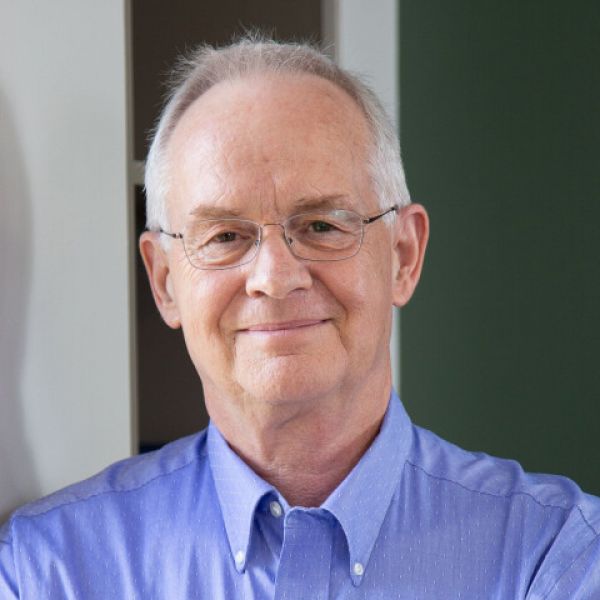
Oct 14, 2021
Douglas Cavener named Huck Chair in Evolutionary Genetics
Douglas R. Cavener, Penn State professor of biology and former Verne M. Willaman Dean of the Eberly College of Science, has been named Dorothy Foehr Huck and J. Lloyd Huck Distinguished Chair in Evolutionary Genetics by the Huck Institutes of the Life Sciences.
Full Article
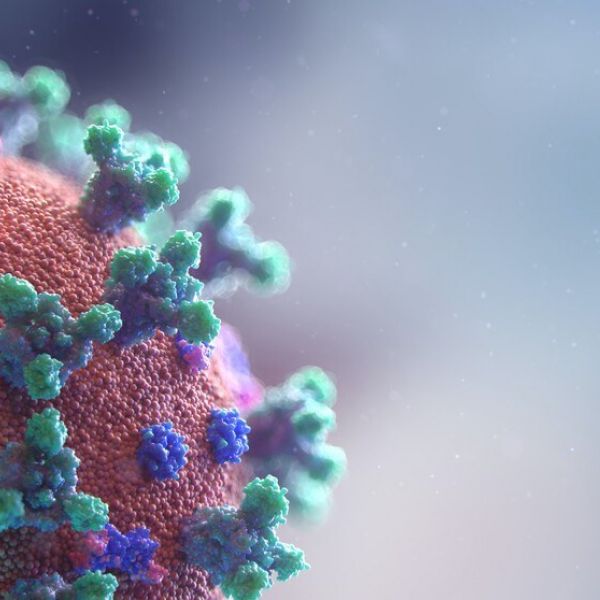
Jul 08, 2021
Fighting COVID with COVID
What if the COVID-19 virus could be used against itself? Researchers at Penn State have designed a proof-of-concept therapeutic that may be able to do just that. The team designed a synthetic defective SARS-CoV-2 virus that is innocuous but interferes with the real virus’ growth, potentially causing the extinction of both the disease-causing virus and the synthetic virus.
Full Article